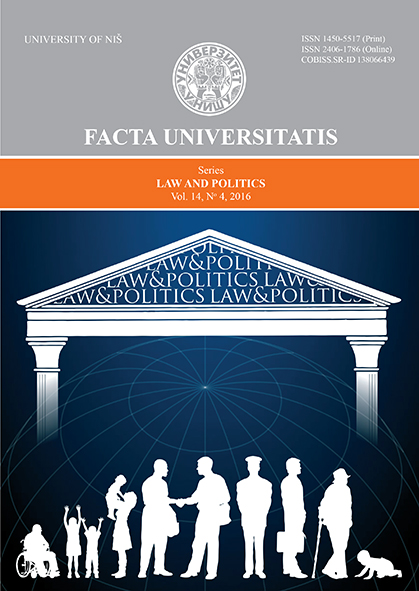The Regulatory Framework of the European Union and the Banking Sector of the Repbulic of Serbia
The Regulatory Framework of the European Union and the Banking Sector of the Repbulic of Serbia
Author(s): Edisa Brničanin, Miloš Pavlović, Nemanja GligorijevićSubject(s): EU-Approach / EU-Accession / EU-Development, Financial Markets
Published by: Универзитет у Нишу
Keywords: Serbia; European Union; banking sector; banks; transformation; transition
Summary/Abstract: The process of transformation is inevitable in all areas of economic and social life, as well as in banking. Accordingly, the transformation process has not bypassed our country. The dynamics and pace of transformation depends on the level of development of the country and developments in the world economy and politics. In the last decade, the events in the global financial market, aimed at profit maximization at any price (without analysis and appreciation of the risks involved), led to the global economic crisis in late 2007. This is slowing down the process of transformation of the banking sector in Serbia, since it depends on the credit and development capacities of the clients and the overall socio-political situation in the country. Domestic banks are organized in a modern way, in compliance with the recommendations of the EU and the rules of the Basel agreement; they have electronic equipment and most professional staff. The strengthening of competition in the domestic market will deepen the differences between banks and provide space for consolidating the domestic banks through the process of mergers, acquisitions and privatization. Moreover, the aspects of faster capital strengthening, which carry other advantages of the organizational, technical and technological nature, may faciliate cost-effective operations and more efficient use of resources.
Journal: FACTA UNIVERSITATIS - Law and Politics
- Issue Year: 14/2016
- Issue No: 4
- Page Range: 587-597
- Page Count: 11
- Language: English

